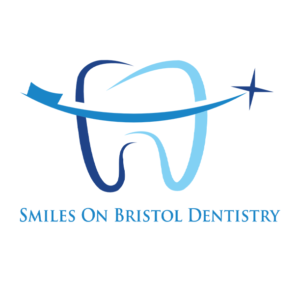[sgmb id=”1″ customimageurl=”” ]
Anorexia
Anorexia is an eating disorder and there is an estimate that some type of eating disordered affects around 10 million Americans. Anorexia is more common on teens and young adults. Individuals suffering from anorexia have extreme weight loss, and the weight loss is usually 15% below the person’s normal body weight. People suffering from anorexia are very skinny, but are convinced that they are overweight. Weight loss is obtained by many ways. Some of the common techniques used are excessive exercise, intake of laxatives and not eating. Anorexics have an intense fear of becoming fat. Their dieting habits develop from this fear. People with anorexia continue to think they are overweight even after they become extremely thin, are very ill or near death. Often they will develop strange eating habits such as refusing to eat in front of other people. Sometimes the individuals will prepare big meals for others while refusing to eat any of it. The disorder is thought to be most common among people of higher socioeconomic classes and people involved in activities where thinness is especially looked upon, such as dancing, theater, and distance running.
Anorexia affects your oral health in many ways. With anorexia the frequent vomiting can cause salivary glands to enlarge and the person may develop dry mouth. Dry mouth can lead to caries and periodontal disease. Tooth erosion is very common in bulimic patients due to the powerful effects of the stomach acid. With time the erosion can cause the enamel to change length, color, or shape. The lips may become cracked, red, or cracked and patient might also experience bad breath.
Treatment often can be extremely challenging because someone with anorexia will not cooperate or resists participation in any treatment program. Initially, treatment must focus on stabilizing any life-threatening complications of starvation. In severe cases, the medical team will assist in regaining weight, possibly using nutrition replacement through an IV. The team must educate the person about the disease and its medical complications, as well as teach proper nutritional requirements. For treatment of the oral health patients who purge by vomiting should not brush after vomiting but instead rinse with water to neutralize the effect of the stomach acid. Regular check ups are important, the dentist will usually be the first line of defense.
Recognizing that a problem may exist is crucial. Rarely are people aware of this problem themselves because this disease is defined by a distorted view of their own body image or weight. A family member or friend must recognize the possibility of a medical or psychiatric problem. A person with anorexia nervosa often resists questioning and is extremely secretive, usually denying any problem and making excuses for weight loss or eating habits. If pressed on the subject, the person may become angry or withdrawn, further complicating attempts by others to help. If you think a friend or family member has a problem, get that person to a physician, even if she or he strongly resists cooperating. You can also contact our dentist in Santa Ana Dr. Danial Kalantari, or our friendly staff of Smiles on Bristol Dentistry.Contact Us
google-site-verification: googled0617a62b8513b0d.html

